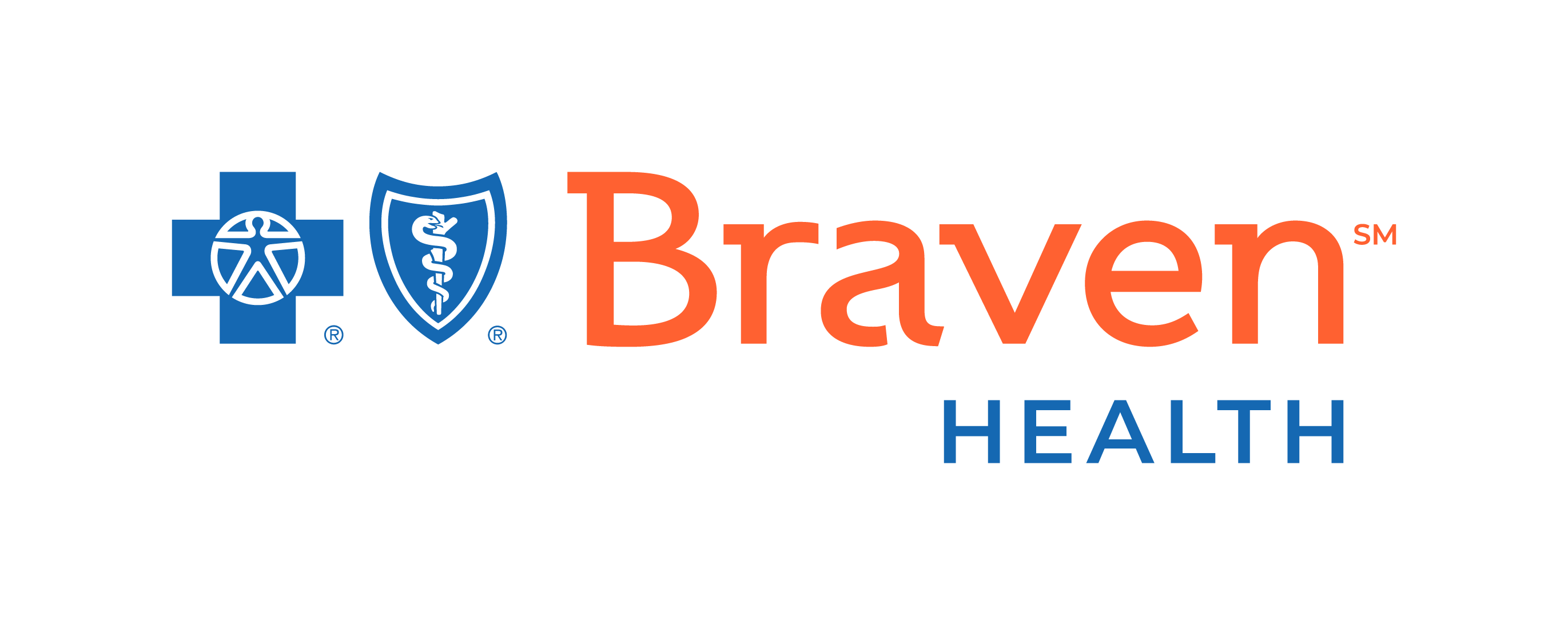Complex Case Management Trigger Events
Braven Health’s Complex Case Management Program is a free, voluntary service that offers care coordination and guidance to our members and their covered dependents when faced with a serious illness or condition. The member’s physician and a Braven Health Care Manager will work collaboratively with the member to develop a treatment plan. The treatment plan will consist of both long and short-term goals for our members or their covered dependents to achieve self-management of the illness or condition.
Braven Health identifies members for the Complex Case Management Program from many sources, including:
- Physician referrals
- Member self-referrals
- Predictive modeling
- Daily discharge logs
- Weekly re-admission reports
Below is a partial list of trigger events for Complex Case Management services for member referral. Triggers can be a diagnosis, an event, a circumstance or a behavior that represents an opportunity for case management intervention.
Braven Health reserves the right to modify this list at any time.
Trigger Events and Circumstances
- Acute or chronic medical condition
- Acute or chronic medical condition associated with an unstable home environment or lack of a qualified caregiver
- End stage Disease Processes
- Cognitive rehabilitation
- Education on out-of-network utilization
- Emergency Room (ER) readmission for same diagnosis within 30 days
- Extended acute hospital stay of more than seven days
- Extended (greater than six weeks) physical, occupational and/or speech therapy
- Extended (greater than six weeks) home intravenous therapy
- Extended (greater than six weeks) home health aide (HHA) and skilled nursing
- High dollar claimant (greater than or equal to $100,000 threshold)
- Hospital readmission within 30 days, excluding planned admission
- Member or physician referral
- Multiple comorbidities without a current treatment plan or unstable disease process
- Multiple ER visits
- Pharmacy needs of six or more medications
- Private duty nursing
- Severe trauma
- Specialized durable medical equipment (DME)
- Ventilator dependent
- Wound vacuum-assisted closure (VAC) devices
Trigger Diagnosis
- Anoxic encephalopathy
- Asthma (inpatient admission greater than two ER visits within 30 days)
- Autoimmune diseases or HIV/AIDS
- Cancer diagnosis
- Chronic kidney disease (CKD)/End-stage renal disease (ESRD)
- Chronic obstructive pulmonary disease (COPD)
- Clinical trials – outpatient setting
- Congestive heart failure (CHF)
- Coronary insufficiency syndrome
- Cerebrovascular accident (CVA) – stroke
- Diabetes (newly diagnosed/one inpatient admission or less than two ER visits within 30 days)
- Hemophilia
- Hypertension – uncontrolled (blood pressure)
- Hypogammaglobulinemia
- Intracranial hemorrhage
- Limb amputation
- Lupus
- Myocardial infraction (MI) – heart attack
- Multiple traumas
- Neuromuscular conditions:
- Amyotrophic lateral sclerosis (ALS), also called Lou Gehrig’s disease
- Cerebral palsy
- DiGeorge syndrome
- Guillain-Barré
- Huntington’s disease (HD)
- Muscular dystrophy
- Multiple sclerosis (MS)
- Spinal muscular atrophy
- Parkinson’s disease
- Pulmonary hypertension
- Rare diseases
- Respiratory failure or distress
- Gender reassignment
- Sickle cell anemia
- Spinal cord injury (SCI)
- Systematic sclerosis
- Transplant candidates
- Traumatic brain injury (TBI)
- Unstable angina
- Wounds (non-healing/infected or open)



